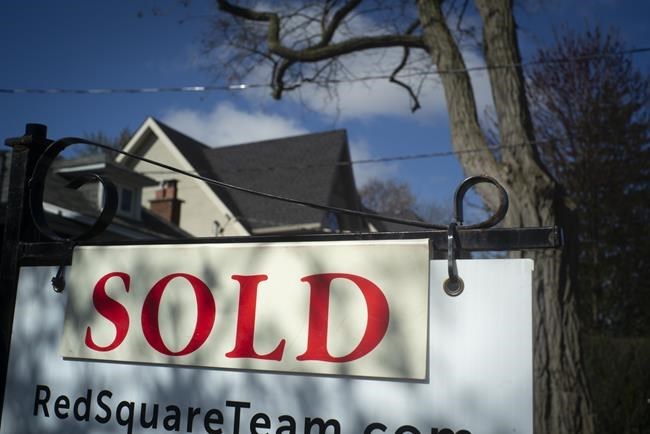Toronto-area homebuyers could be forgiven in 2016 for assuming the doors had been thrown open to the Toronto Regional Real Estate Board's sales data in the wake of a landmark ruling by the Competition Tribunal.
After appeals by TRREB to overturn the ruling — which found that the board's restrictions on data use were anti-competitive — were turned down by the Federal Court of Appeal and Supreme Court of Canada, Competition Commissioner Matthew Boswell wrote in 2018 that Toronto homebuyers should soon have access to a more transparent market via websites with historical sales data, online tools and innovations like heat maps to track trends by neighbourhood or condo building.
However, after more than two years Toronto’s real estate industry is still struggling to navigate TRREB’s data sharing requirements, with some brokers and third-party operators finding themselves in the board’s compliance crosshairs.
Real estate listings site Bungol fell afoul of TRREB in August over an alleged breach of the board's data rules. The home listings search engine said in a Nov. 4 blog post it had lost 95 per cent of its web traffic after TRREB suspended its data access, and now says its future is in "the hands of fate" as it awaits the results of a Dec. 14 professional standards hearing.
Bungol's website, which used to feature the slogan "15 years of data, updated every 30 minutes," has not been updated since early August.
TRREB sent a memo on Nov. 25 to websites such as Realosophy, Zoocasa and HouseSigma, warning that it was undertaking a "comprehensive review" of members’ password-protected websites after it discovered that certain web development companies were being given unauthorized data from brokers, or obtaining the data by misleading means.
The memo states that brokers caught releasing the board's data for unauthorized purposes would face fines of up to $50,000.
Despite the tribunal’s 2016 ruling, it’s clear that the fight over TRREB’s data is far from over, says Subrata Bhattacharjee, a lawyer at Borden Ladner Gervais LLP.
“You have this skirmishing between the commissioner and TRREB," he says. "Equally vigorously, the local brokers on the other side are trying to figure out the limitations of what the outcome of the litigation actually is. It’s not surprising that the parties are threatening loggerheads, even now."
According to lawyer Brian Facey, who represents TRREB and acted for the board on its competition case, the current climate is a result of unrealistic expectations.
"There was a thought at the beginning of all of this that all of the data that TRREB has would be just available for everybody to use, and give away, and monetize, and sell to third parties and use for advertising and all sorts other purposes," he says. "It's been one of those things that from day one has been so complex, that the public's tried to understand it, media's tried to understand it, the parties have tried to understand it and sort of work through it. It's not surprising that issues arise from time to time."
After TRREB’s November memo, some brokers pushed back over what they perceived as threats of severe punishment for a rule they had never heard of.
TRREB issued an update on Nov. 30 which clarified that two-year-old data can be on password-protected websites, but must be requested specifically by brokers providing services to real estate clients. John Pasalis, founder and president of Realosophy Realty, says his brokerage is able to comply with the rest of the corrected warning letter.
“If the home you want to buy has sold five times in the past seven years, would that be something the average buyer would want to know? Likely. That was the only problem,” says Pasalis, “I was not entirely surprised, TRREB does things like this every now and again. I pushed back on their legal argument last week and they ultimately changed course.”
Zoocasa's chief executive, Lauren Haw, says her brokers were in compliance with TRREB, but that it’s not a broker’s role to withhold information that might help a homebuyer make an informed decision.
Although brokers seem to be at peace with the most recent resolution from TRREB, Toronto real estate agent Scott Ingram said the board's heavy-handed behaviour is considered a bit embarrassing and old-school in the industry, and projects a sense of secrecy to homebuyers.
"It's kind of like saying the only place you can buy liquor is if you go to a bar,” says Ingram. “Or you have to go to sign up to a website, instead of having anybody go to the LCBO or the Beer Store. Now they are saying, 'Oh, you can have stuff at home, since the courts made us. But you can only have Molson Canadian.’"
This report by The Canadian Press was first published Dec. 29, 2020.
Anita Balakrishnan, The Canadian Press



